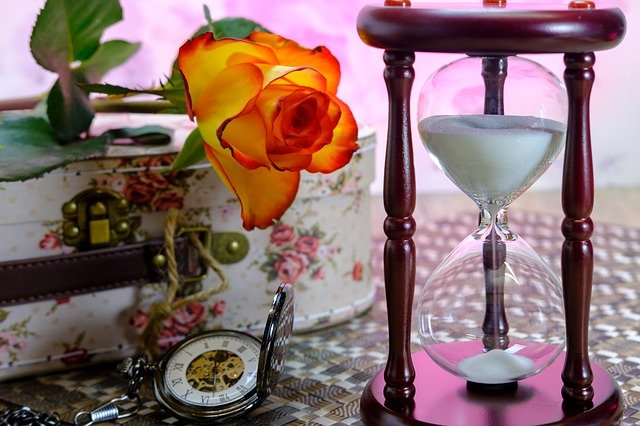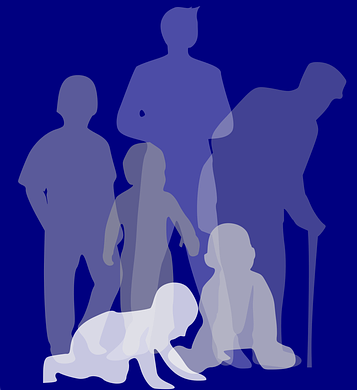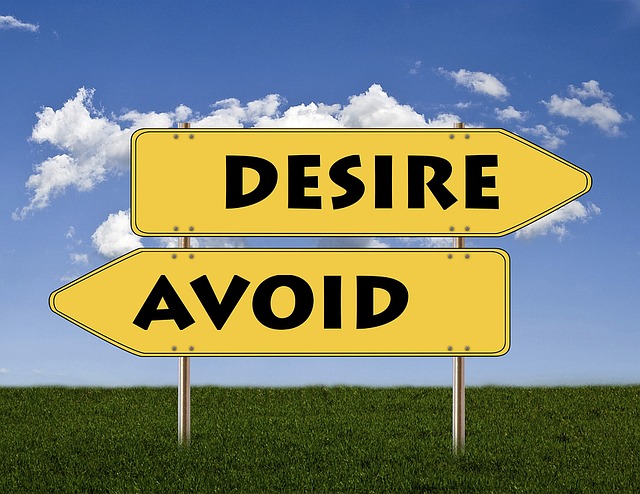
Are You Buying a House or Finding a Spouse?
Are you buying a house or finding a spouse?
Have you been searching for the perfect house to buy, but you keep finding over-priced crap? Or are you one of the lucky ones who came across your dream home right away, and now you live in your own version of paradise?
Searching for your perfect house is a lot like searching for a partner in life. You may find exactly what you’re looking for immediately, or you might spend years looking with nothing to show for it except exhaustion and despair.
How buying a house compares to finding a spouse:
1. Looks can be deceiving.
You see a beautiful picture of a house and excitedly schedule a tour. As soon as you step inside, you’re disappointed by everything. The appliances are old, the layout is awful, and the floors creak with every step. Sure, you could put in thousands of dollars to renovate, but is it really worth the trouble?
You’re swiping on Tinder and see the most gorgeous man in the world. After texting with him for a few days, you agree to meet in person. Thankfully, he’s just as hot as his picture. Unfortunately, he’s lacking enough brain cells to carry on a conversation. After struggling through a 30-minute coffee date, you go your separate ways.
2. Compromising is key.
You love cooking elaborate meals and need lots of counter space, but you tell your agent that a tiny kitchen will suffice. It’s not ideal, but you can always buy some extra folding tables and put them out while cooking. If everything else about the house is great, then this compromise is worth it.
You’ll never find a spouse who matches every single thing you’re looking for. If you like to wake up at 6 am but your partner sleeps until noon, try to meet in the middle on weekends and wake up together at 9 am. Just don’t compromise on your values.
3. Lying will backfire.
Although compromising is important for buying a house and finding a spouse, lying won’t get you closer to your goal. If you tell your agent you can afford an $800,000 home, but your budget only allows for $300,000, then the truth will eventually come out.
Lying about who you are or what you want in life may get you a spouse, but it will ultimately backfire. So your divorce hasn’t been finalized yet? Don’t keep that hidden from your current partner. She has a right to know, and she’s more likely to stick around if she hears the truth from you.
4. It’s a numbers game.
Your perfect house is out there. You just have to find it. There are millions of home styles and millions of neighborhoods to search in. You might even find your ideal home and make an offer, but someone else outbid you. It’s discouraging for the time being, but you’ll get back out there and find the house that’s meant for you.
You’ve been in the dating game for a very long time. You didn’t meet your spouse in high school or college. You’re now in your 30s and wondering if love will ever happen for you. It’s all a numbers game. You will meet your soulmate. You just have to keep on moving along in life and being your best self.
Buying a house and finding a spouse are both difficult. They take time, effort, and sometimes years of hard work until you see results. You might take a tour of hundreds of homes before seeing the right one. And you may go on thousands of dates before meeting your future spouse. Your house and your spouse are both out there.




